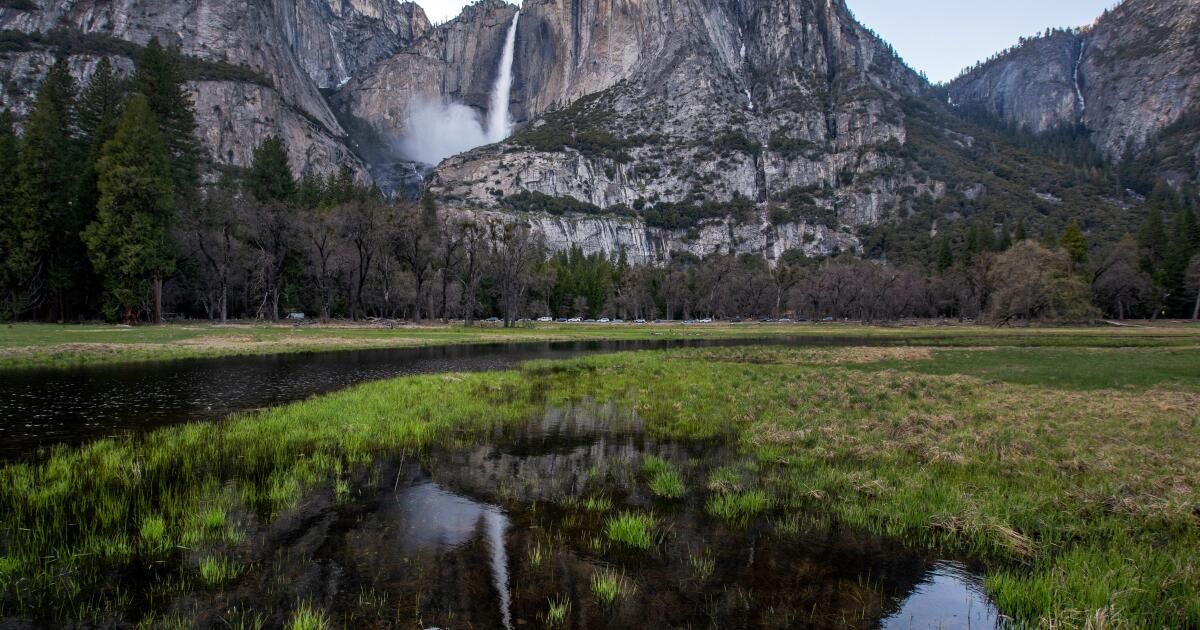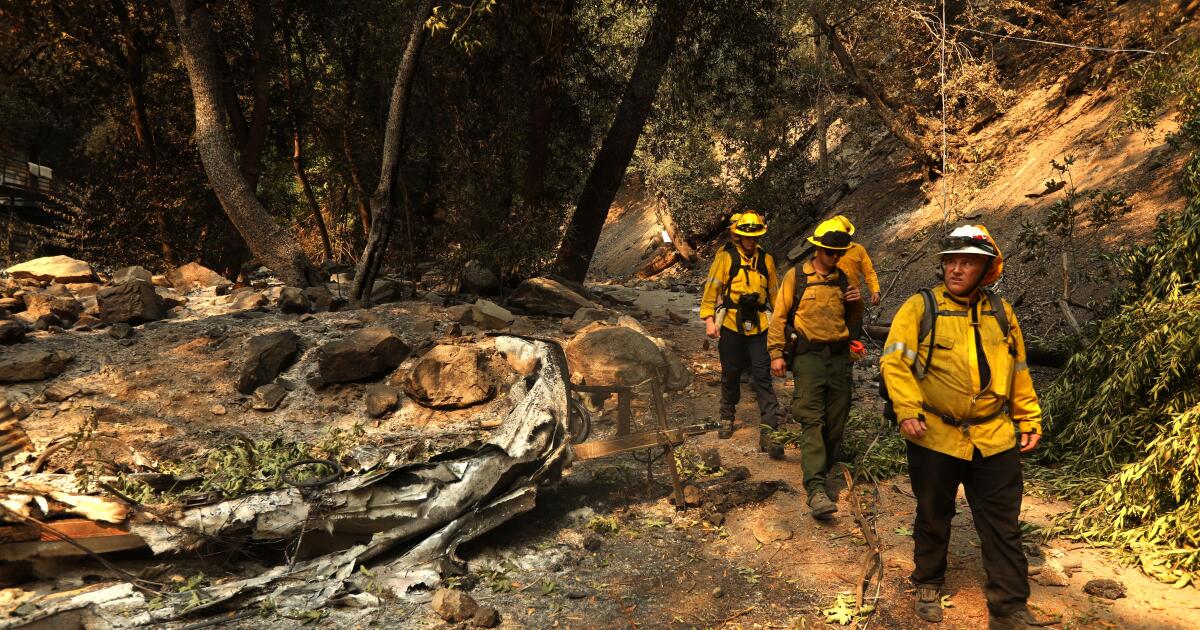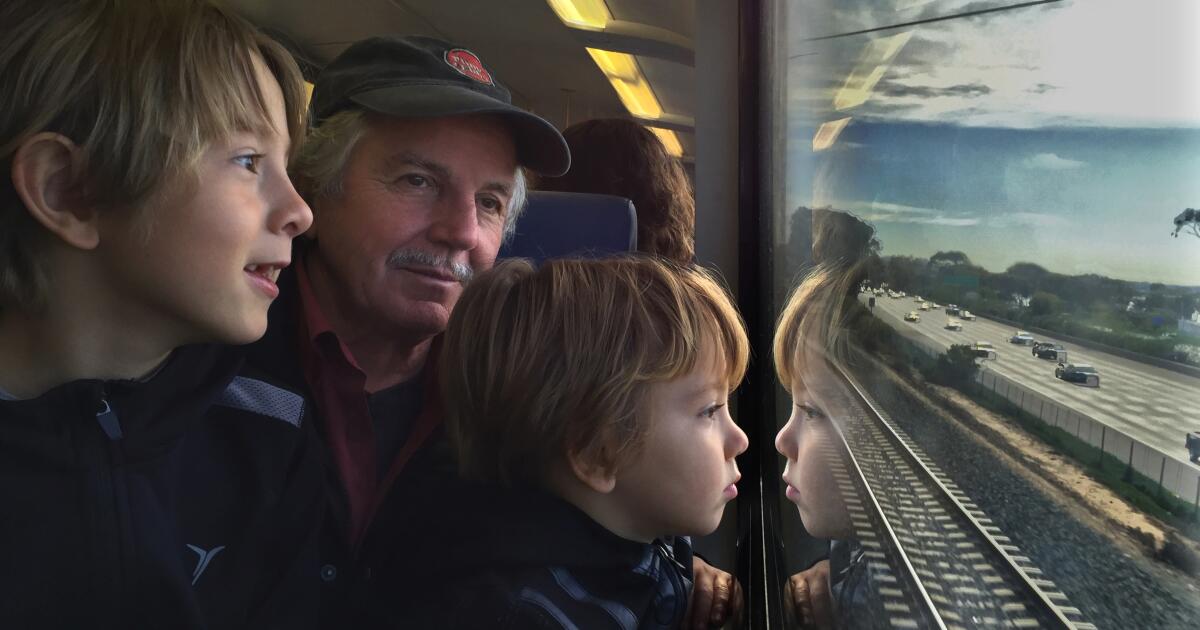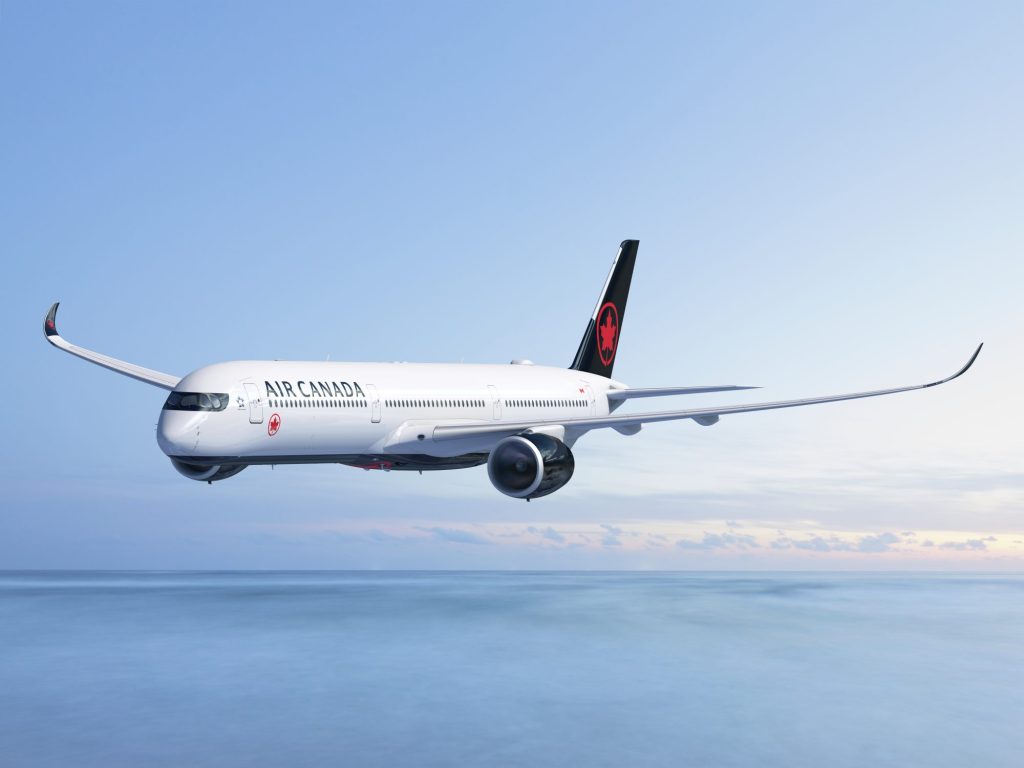Sundays at the Yosemite Bug Rustic Mountain Resort, 35 miles southwest of Yosemite National Park. Entrance to arch rockThey are usually humming.
The 45-room facility in the hamlet of Midpines in the foothills of the Sierra Nevada was near its 120-person capacity during the summer months, said co-owner Douglas Shaw. That's not counting the non-guests who frequent the resort's cafe and spa, refueling or powering down before and after long walks.
This Sunday, one of the last of what Shaw describes as his busy season, is expected to be completely different.
Shaw estimates he will only have two front desk employees working that day out of the resort's 30 employees. Some will be on indefinite leave, but most will likely be laid off.
The reason: the possible federal government shutdown that will suspend wage payments to workers at Yosemite and other national parks, closing recreation areas that attract millions of visitors and tourists each year.
The Yosemite Bug Rustic Mountain Resort in Mariposa, near the entrance to Yosemite National Park.
(Douglas Shaw)
The task of the two workers at the resort will be to inform guests that it is closed due to the government shutdown.
“Look, realistically, all of our hotel guests are visitors, 95% of our restaurant guests and 50% of our spa goers are all tourists, so there's no reason to stay open,” he said. Shaw. “The federal government is shutting down and taking many of us with it; It is absolutely devastating.”
The pain will be especially felt in the communities surrounding California's nine national parks, including Yosemite.
Funding for the federal government ends Sunday at 12:01 a.m. Unless the House reaches a deal and passes a spending bill, millions of federal employees will go without pay. Businesses had some hope that parks would remain open, as was the case during the last shutdown that ended in January 2019.
However, the US Department of the Interior issued a statement Friday afternoon saying that “National Park Service (NPS) sites will be closed.”
The statement added: “This means that most national parks will be completely closed to public access. “Areas that, by their nature, are physically accessible to the public will face significantly reduced visitor services.”
The governors of Arizona and Utah have promised to use state funds to keep parks like the Grand Canyon and Zion open.
However, California Governor Gavin Newsom's staff has said the state will not foot the bill for closed parks.
National park patronage increased 5% last year from 2021 to 312 million recreational visits, generating $23.9 billion for local communities, according to a 2022 report on the effects of tourism by the National Park Service. Those figures translated into 378,400 jobs. According to the report, hotels and restaurants were the two biggest beneficiaries of park visits.
Hotels and motels received about $9 billion in economic output tied to the parks, while restaurants benefited from $4.6 billion, according to the report.
Tony McDaniel, spokesman for the Yosemite Mariposa County Tourism Office, said his county of 18,000 residents depends on the park.
“Approximately 52% of the people employed in this county work in tourism,” he said. “If the park closes, it will be a disaster for so many people here struggling to put food on their tables.”
McDaniel said almost every business would feel the ripple effect.
“When tourism staff have their hours cut or laid off, guess what?” McDaniel said. “Suddenly they are spending less at the supermarket and at local restaurants.
“Basically, everyone loses,” he said.
McDaniel said he is working with leaders from the four rural counties that border Yosemite to coordinate cross-promotion, “something we normally never do.”
“I've been telling the Madera County tourism board that I'll spread the word about Bass Lake if they talk about Mariposa,” he said. “We're doing everything we can to tell the story of small-town culture.”
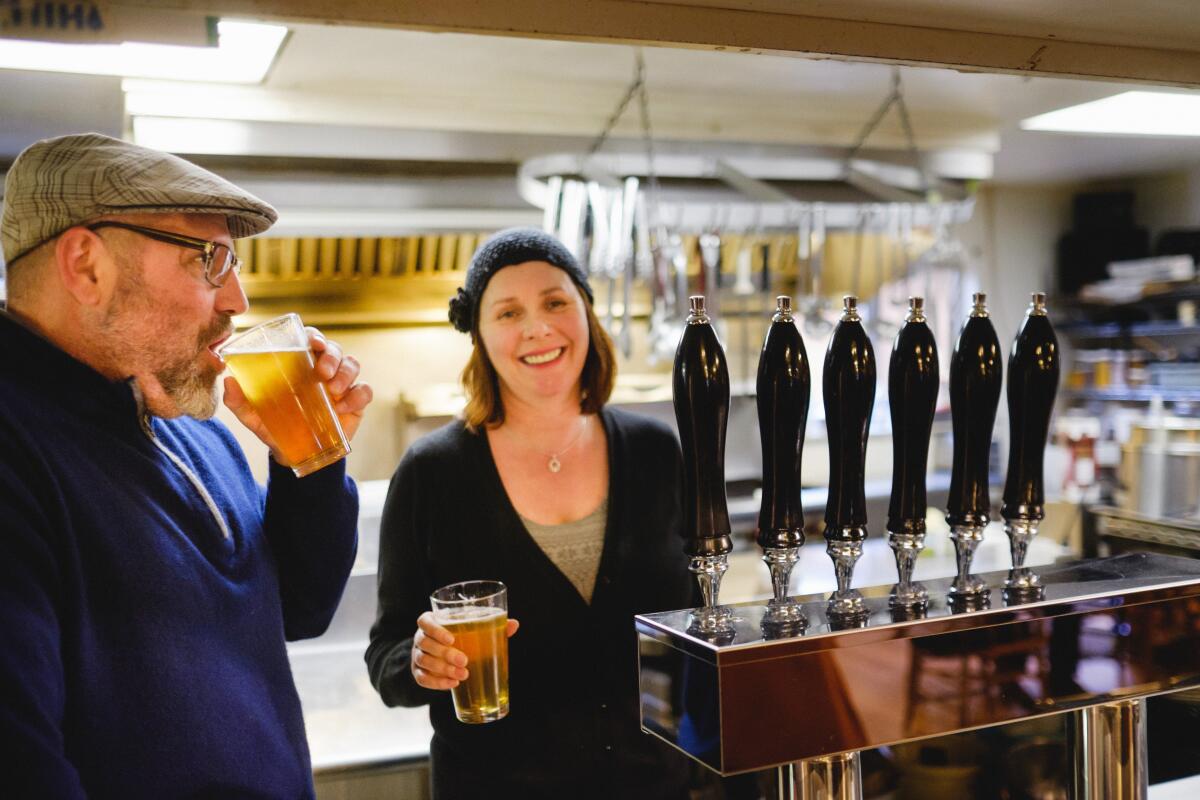
Douglas Shaw and Caroline McGrath, co-owners of the Yosemite Bug Rustic Mountain Resort, say they will lose $175,000 if it has to close because the national park is closed.
(Douglas Shaw)
For Shaw, the resort's owner, the planned government shutdown is the latest in a series of “devastating setbacks” over the past three years.
Shaw took out a $450,000 loan to cover debt accumulated during pandemic closures and restrictions. The money was also needed to pay staff when wildfires and storms scared away tourists.
He had $200,000 of that debt until the summer and was willing to pay it. However, that money will be redirected if the shutdown lasts more than a few days, he said.
Shaw estimated a revenue loss of about $175,000 if it has to close in October.
“I just wish politicians could realize how damaging this is and all the people they are hurting,” he said.
Travis Medlock, co-owner of a ramen house and wine shop in Mariposa, anticipates hour cuts but no layoffs among his 12 workers in the event of a closure.
“Our regular hours for the ramen shop are 4:00 p.m. to 9:00 p.m., but if it starts closing earlier, we will just close,” Medlock said. “Let's wait and see.”
Closing a national park could be painful, but Medlock and his financial partner, Melissa Takahashi, are “hardened by the pandemic” after opening the ramen shop in February 2020, he said.
Medlock said a shutdown would have been much worse if it had happened a few months earlier.
He noted that during the summer, approximately 80% of sales in stores come from tourists and 20% from locals. During the so-called shoulder season, which according to him is now, that percentage changes from 65% to 35%, while in the off-season months of January and February it goes to 60% locals and 40% tourists.
“For us, the key has been to diversify and try to take advantage of this small but important market,” he said.
Other businesses across the state are also preparing for the crisis.
Ventura resident Cherryl Connally runs the family business Island Packers Cruises.
Its fleet of three catamarans and 60 employees transports up to 400 tourists a day to the Channel Islands National Park, which includes five of the six islands.
Connally expects a major blow to the 55-year-old business.
“Actually, about 65% of our business is taking people to the national park, so it's a big loss of revenue,” he said.
But the company has a contingency plan, posted on its website.
Connally plans to conduct 3½- and 5-hour wildlife tours around the Santa Barbara Channel, landing only on parts of the islands managed by the environmental nonprofit Nature Conservancy.
Connally is also considering expanding Island Packers' whale watching options.
The 2019 partial government shutdown lasted 35 days. During that period, Connally attempted to minimize layoffs by reassigning employees to positions outside their normal duties.
“We created a maintenance plan for all of our staff to work during that time,” he said. “We had boats to take care of, so we did a lot of renovations on our boats and a lot of office paperwork.”
Connally says he's sad he may have to dust off that policy again.
“We are going to do everything possible to not lose anyone,” he said. “Now we wait.”

